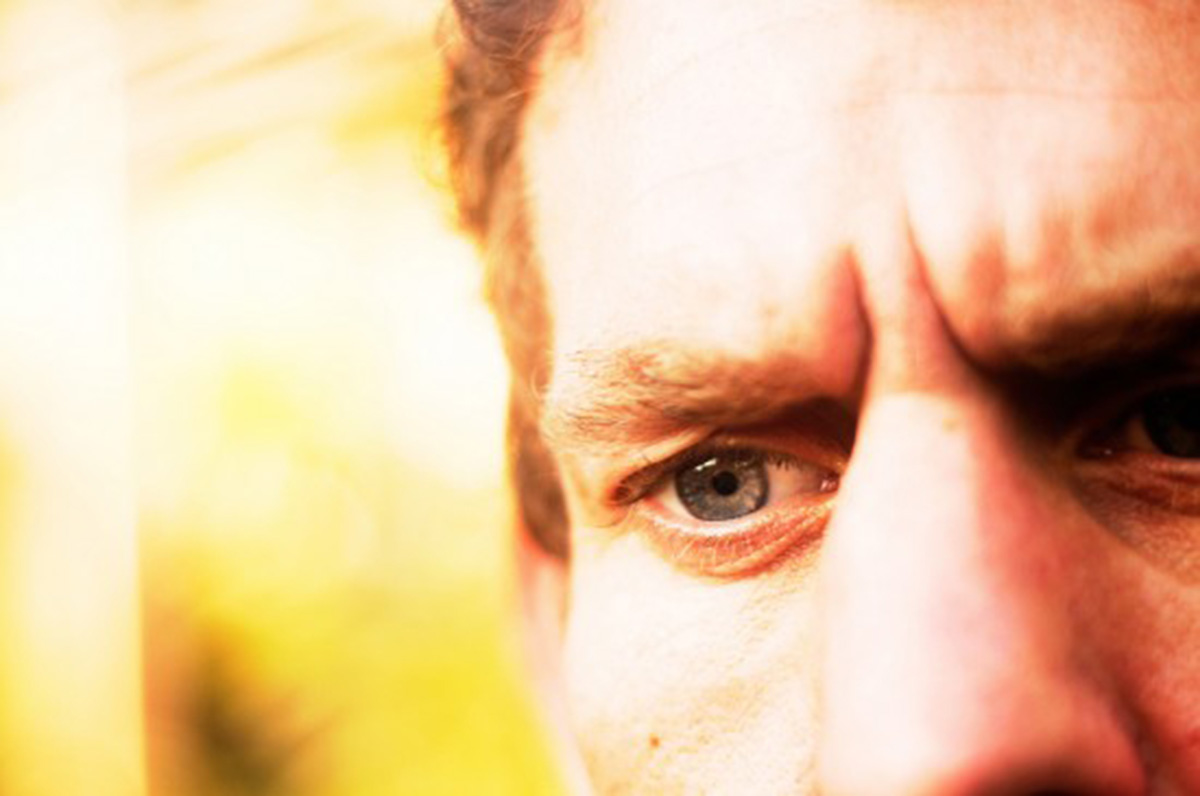Table of Contents
Prescription medication
The acute symptoms of anxiety are most often controlled with anxiolytic agents such as benzodiazepines. Diazepam® is one of the most commonly used medications. The problem is that all benzodiazepines are physically addictive, and extended use should be carefully monitored by a physician.
Some of the medications called SSRIs or Selective Serotonin Reuptake Inhibitors have been used to treat patients with chronic anxiety.
Beta blockers are also used sometimes to treat the Somatic symptoms associated with anxiety.

Possible addiction
Most experts believe that the benzodiazepines and other anti-anxiety drugs are greatly over-prescribed and potentially addictive. The most addictive of the benzodiazepines appears to be Xanax®. The most common side effects are cravings, stomach pains, cramps, increased anxiety, insomnia and other signs of withdrawal.
Cognitive-behavioral therapy
Cognitive-behavioral therapy is definitely the most popular and effective form of psychotherapy used to treat anxiety. Some of the goals of this therapy are:
Other treatments:
- Challenging false or self-defeating beliefs.
- Developing a positive self-talk skill.
- Developing negative thought replacement.
- Systematic desensitization also called exposure.
- Providing knowledge that will help the patient cope.
Some tips for managing anxiety
Self-help and relaxation techniques for anxiety also play an important role in relieving anxiety symptoms. Self-help includes:
- Proper diet - This includes a reduction in consumption of caffeine, sugar, and generally an improvement of eating habits.
- Exercise - Some exercise is thought to relieve stress.
- Laughing
- Breathing techniques and proper breathing - a Diaphragmatic breathing technique is often recommended
- Proper sleep.
- Meditation
- Setting realistic goals and expectations.
- Relaxation techniques - A state of relaxation can be achieved with the help of relaxation tapes, Yoga or relaxation therapy.
- Stress management - This may entail changes in lifestyle and time management.
- Panic attack coping strategies
- For people who feel anxious and don't know why it is worthwhile to sort out whether the anxiety has finished a particular circumstance or a more abstract existential worry.
Alcoholic drinks are probably the most widely used substance for the alleviation of anxiety. People that suffer from anxiety are cautioned that alcohol is also a powerful depressant. Some evidence suggests that consuming alcohol to alleviate anxiety is counter-productive because it can lead to a higher or irregular heartbeat and lower of blood sugar which can both add to the unpleasant symptoms of anxiety and panic.
Relaxation
Relaxation techniques for anxiety can reduce muscle tension and stress and therefore chronic pain sufferers who practice relaxation are better able to cope with their pain. This is because increased muscle tension can further aggravate chronic pain. Helpful relaxation techniques include:
- deep breathing,
- progressive muscle relaxation,
- biofeedback,
- guided imagery,
- meditation
- yoga
Anxiety and stress
Stress is caused by the body's instinct to defend itself and in most cases, it is accompanied or caused by anxiety or anger. This instinct is good in emergencies, but it can cause physical symptoms if it goes on for too long.
Biochemical response to stress
It is proven that stress suppresses the reproductive system at various levels. First, CRH prevents the release of Gonadotropin-releasing hormone. Similar to that, cortisol and related glucocorticoid hormones not only inhibit the release of GnRH, but also the release of luteinizing hormone, which prompts ovulation and sperm release.
There are even stress related disorders. One of the major disorders characteristic to chronic stress and anxiety is melancholic depression. Researchers have shown that people with depression have a blunted ability to adapt to the negative feedback of increases in cortisol. This produces constant anxiety and overreaction to stimulation, followed by the paradoxical response in which victims apparently lose all motivation.
Possible signs of stress
- Anxiety
- Back pain
- Constipation or diarrhea
- Depression
- Fatigue
- Headaches
- High blood pressure
- Insomnia
- Problems with relationships
- Shortness of breath
- Stiff neck
- Upset stomach
- Weight gain or loss
Read More: Anxiety symptoms and treatment
Tips for dealing with stress
- Try to look at change as a positive challenge, not a threat.
- Don't worry about things you can't control.
- Prepare to the best of your ability for events you know may be stressful, like a job interview.
- Work to resolve conflicts with other people.
- Ask for help from friends, family or professionals.
- Set realistic goals at home and at work.
- Exercise on a regular basis.
- Eat well-balanced meals and get enough sleep.
- Meditate if possible, as much as you can.
- Get away from your daily stresses with group sports and hobbies.
- www.panicdisorder.about.com
- www.familydoctor.org
- www.nih.gov
- Photo courtesy of David Goehring by Flickr : www.flickr.com/photos/carbonnyc/7558544264/

